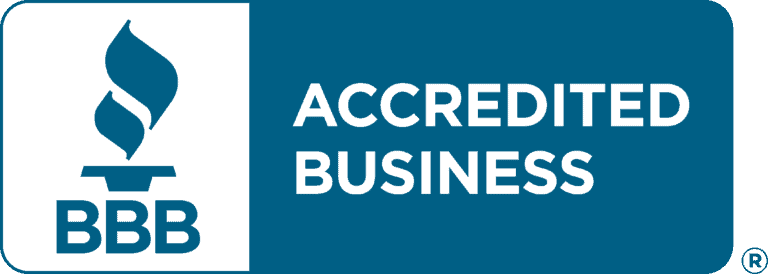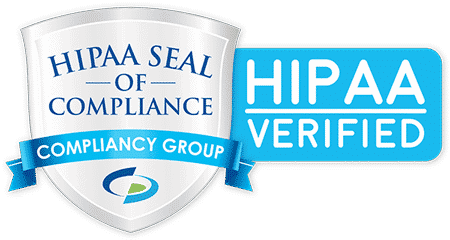As we attempt to move into a post-COVID world, it is essential to review your business operations to reduce expenses and boost profits. As a business owner, you should also consider costs that you may even deem somewhat determined or non-negotiable. These expenses can include something such as banking fees.
We have looked at reevaluating your IT department to secure your physical and digital infrastructure while reducing costs. We have also addressed some new findings as we envision a post-COVID return to the office.
Financial institutions exist in an eco-system driven by low-interest rates; to thrive on net interests, they are constantly looking for other ways to make profits. Bank service fees are a profit center and one way these firms look to boost revenue.
You rely on these financial institutions for loans, information reporting, automated clearing house (ACH), unsecured credits, deposits, withdrawals, account management, and many more. These charges come as a result of those services rendered.
If your business deals with multiple banking partners, you are expected to pay these service fees. You may not be aware of the figures, but your business could be paying hundreds or thousands of dollars annually on banking fees. Some of these charges may be one-time payments, recurrent, charge at the time of every transaction, penalty fees, monthly, quarterly, and even overdraft costs.
But how much is too much?
Bank fee reduction, automation, and liquidity remain the top priorities for the finance departments of business, according to a 2017 Corporate Finance Study. You need to take steps to review these mounting fees for your business. We offer some helpful tips below:
Examine Your Bank Statements
First, you need to examine your financial statements to look up the service fees charged for each transaction. Business executives often mistake waiting until the end of the month to receive bank statements. It is not advisable as governmental policies and internal bank adjustments can increase service fees. You will not notice until you receive your account statement at the end of the month.
You should also subscribe to your bank’s newsletter to receive updates via email or text. It is easy to overlook notifications from your bank regarding bank charges, but a review is essential.
Major banks in the US typically increase their bank charges during Q1 of every year and usually make prior announcements.
Link Your Bank Accounts
Another way you can prevent mounting fees from your bank is to link all your accounts registered on that bank. Connecting your bank accounts may make your business eligible for a monthly waiver charge. The reason for this is that your business will have a higher balance when combined rather than operating differently.
Qualifying accounts you can link include deposit (CD) certificates, money markets, and savings.
Ask About Transaction Limits
If your business receives a high amount of transactions monthly, you should review transaction fees over a particular limit. Some financial institutions charge companies a fee per transaction over a set limit, while others do so when the cash deposits are above a set amount.
For a business that makes regular cash deposits, it is recommended to opt for a checking account with a higher cash deposit limit before the charges commence. On the other hand, you can get a credit card with a higher interest rate if you pay off balances at the end of the month.
If your business carries overcharges to the next month, you need to use a card with the highest revolving limit but low-interest rates. This will save you more money long term.
Renegotiate Fees With Your Financial Provider
Another way you can beat down bank and treasury fees is to renegotiate with your bank. But first things first: review the services charges and their costs. Then, look at the frequency of those service fees.
With a sustained relationship with your bank coupled with the services they enjoy from your business, you have more bargaining chips to renegotiate the fees. You can inform your bank manager to adjust some of the most expensive costs.
For instance, if you are paying $20 for wire transfers every month, you can discuss with your banker to reduce the fee to $17 instead of opting for $15. The bank will be more willing to respond to a new $17 price.
Talk to A Seasoned Expense Reduction Consultant
Developing a relationship with your bank manager does not guarantee that you will enjoy the best rates. That is why you need the expert services of a certified expense reduction consultant to negotiate better rates for your business and reduce expenses in the long run.
Expense To Profit is a leading expense reduction firm dedicated to providing insights, recommendations, and strategies to reduce your expenses while boosting your revenue. You can reach out to us to better understand your business needs and goals and tailor strategies to help you.






